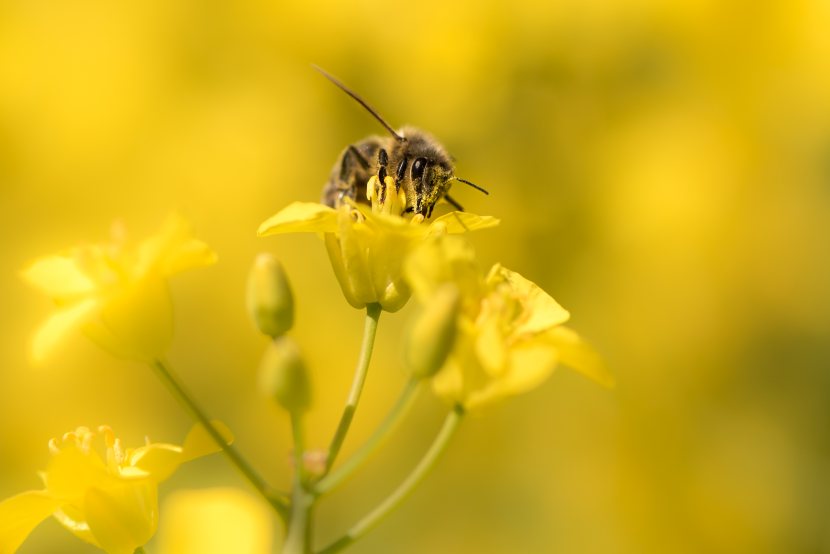
France is to go-ahead with a neonicotinoid pesticide ban, which is set to go into effect in 2018.
This decision, by French Prime Minister Edouard Philippe, follows a disagreement with Agriculture Minister Stephane Travert.
Mr Travert, who was in favour of relaxing the ban, told media outlets that he wants to address “the possibility of a number of exemptions until we find substitution products.”
In July 2016, lawmakers in France approved plans to ban neonicotinoid pesticides by 2018, based on their link to declining populations of pollinators, specifically bees.
The outright ban on neonicotinoid pesticides in France was adopted by a narrow majority of the country’s National Assembly, as part of a bill to protect biodiversity.
In March 2017, the European Commission (EC) proposed a complete ban of agricultural uses of the widely used neonicotinoid pesticides across Europe under draft regulations.
In 2013, three neonicotinoids were temporarily banned because of concerns about their high toxicity to bees. A vote by member states is still being awaited.
France's national food safety watchdog, Anses, is due to publish a report on the chemicals' impact on human health by the end of the year.
It comes as news that a Conservative MEP failed to stop a complete EU ban on neonicotinoid pesticides.
But some farming groups criticised the move saying the pesticides are 'vital' in protecting the UK's crops from pests.
National Farmers' Union (NFU) Vice President Guy Smith said there was 'no clear evidence' that neonicotinoids cause widespread impacts on bee populations.
